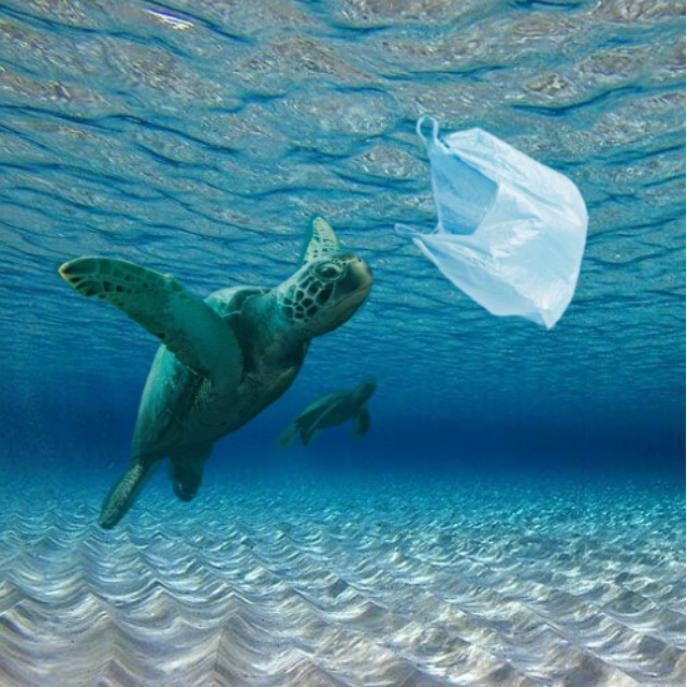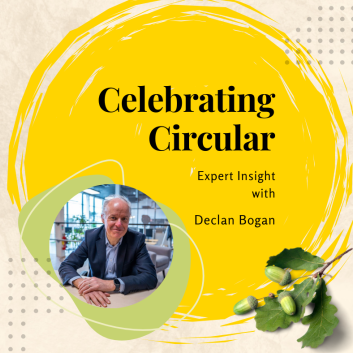Tourism sector players are joining forces to fight plastic pollution
During the busy tourist season, marine litter in the Mediterranean region increases by up to 40 per cent which has a great irony since eight out of ten tourists travel to coastal areas wishing to unwind on sandy beaches with crystal clear water while enjoying the beauty of natural wildlife.
According to the Global Tourism Plastic Initiative, alongside the 8 million tonnes of plastic that enter the ocean every year, 300 million tonnes of new plastic is created annually, utilizing non-renewable resources such as oil, gas and coal, and contributing to climate change. If growth in plastic production and incineration continue, cumulative emissions by 2050 will make up between 10 and 13 per cent of the total remaining global carbon budget. As a result, the implications of plastic overconsumption extend even further than the litter that is visible in the ocean.
From polluters to fixers: Global Tourism Plastics Initiative
The plastic problem can only be solved with the active collaboration of stakeholders in the tourism industry, including moving away from single-use plastics, reducing consumption of unnecessary plastics, and moving towards circularity through better recycling and re-using schemes.
“Plastic pollution is one of the major environmental challenges of our time. The Global Tourism Plastics Initiative supports tourism companies and destinations to innovate, eliminate and circulate the way they use plastics, to help achieve circularity in the use of plastics and reduce plastic pollution globally,” said UNEP’s Economy Division Director, Ligia Noronha.
The goal of the Global Tourism Plastics Initiative is to bring the tourism sector together under a common vision to transition to a circular plastic economy and sustainability in the sector. The initiative has been developed by the Sustainable Tourism Programme of the One Planet Network, a multi-stakeholder partnership to implement Sustainable Development Goal 12 on sustainable consumption and production.
The campaign is led by the United Nations Environment Programme (UNEP) and the World Tourism Organization in collaboration with the Ellen MacArthur Foundation.
The Global Tourism Plastics Initiative requires tourism organizations to make a set of concrete commitments by 2025, including:
- Eliminate problematic or unnecessary plastic packaging and items by 2025
- Take action to move from single-use to re-use models or reusable alternative by 2025
- Engage the value chain to move towards 100 per cent of plastic packaging to be reusable, recyclable, or compostable
- Take action to increase the amount of recycled content across all plastic packaging and items used
- Commit to collaborate and invest to increase the recycling and composting rates for plastics
- Report publicly and annually on progress made towards these targets
This initiative is the tourism sector interface of the New Plastics Economy Global Commitment, which currently has over 450 signatories from businesses, governments, and other organizations, with the common objective of reducing plastic pollution through ambitious targets.















